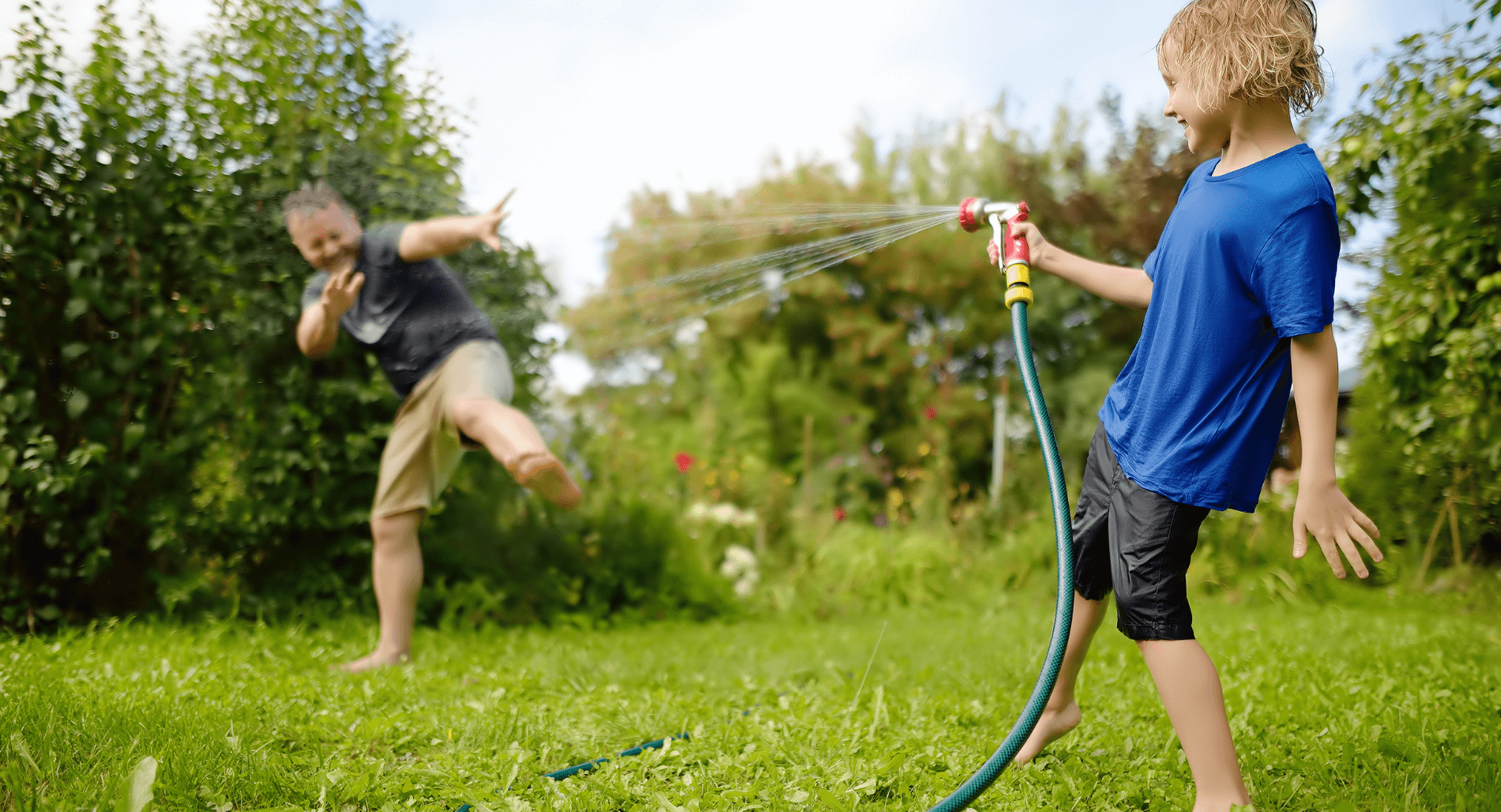
Hearing aids are delicate electronic devices designed to improve the lives of those with hearing loss. They help users stay connected with the world around them, but they also require careful handling and maintenance. One of the most common threats to the functionality of hearing aids is water damage. Water can ruin hearing aids, leading to costly repairs or replacements. Understanding how water affects these devices and taking preventive measures can help prolong their lifespan and ensure they work effectively.
The Vulnerability of Hearing Aids to Water
Hearing aids, though small, contain intricate electronic components that are sensitive to moisture. When exposed to water, these components can short-circuit, leading to malfunction or complete failure. This is because water can corrode the internal circuits and disrupt the electrical signals that hearing aids rely on to function. Even a small amount of moisture can cause significant damage over time. Additionally, moisture can accumulate from sweat, humidity, or accidental exposure, making it crucial to protect hearing aids from any water source.
Common Scenarios Leading to Water Damage
There are many everyday situations where hearing aids can come into contact with water. For instance, forgetting to remove your hearing aids before showering or swimming can expose them to large amounts of water. Similarly, being caught in the rain without adequate protection can also lead to water damage. Even activities that cause excessive sweating, like exercise, can introduce moisture into the device. Understanding these common scenarios can help you take proactive steps to prevent water damage.
Signs of Water Damage in Hearing Aids
It is important to recognize the signs of water damage in your hearing aids to address the issue promptly. Common indicators include a sudden loss of sound, distorted audio, intermittent functionality, or a complete shutdown. Additionally, you may notice static or feedback noises that weren’t there before. If you experience any of these symptoms, it’s essential to take immediate action to prevent further damage.
Preventing Water Damage
Preventing water damage to your hearing aids involves a combination of careful handling and the use of protective accessories. Always remove your hearing aids before engaging in activities that involve water, such as swimming, bathing, or even washing your face. It’s also wise to invest in a waterproof case or protective cover that can shield your hearing aids from moisture. Using a dehumidifier specifically designed for hearing aids can help remove any moisture that may have accumulated during the day, especially in humid environments or after sweating.
Another preventive measure is to store your hearing aids in a dry, safe place when not in use. Avoid leaving them in the bathroom, where humidity levels are typically higher. Instead, keep them in a designated dry area or in a dehumidifying storage box. By taking these precautions, you can significantly reduce the risk of water damage to your hearing aids.
What to Do If Your Hearing Aid Gets Wet
Despite your best efforts, accidents can happen. If your hearing aid gets wet, it’s important to act quickly to minimize damage. First, turn off the device and remove the battery immediately to prevent short-circuiting. Gently shake out any visible water and use a soft, dry cloth to wipe the device. Do not use heat sources like a hairdryer or microwave, as these can cause further damage. Instead, place the hearing aid in a hearing aid dehumidifier or a container of uncooked rice or silica gel packets to absorb moisture. Leave it to dry for at least 24 hours before attempting to use it again. If the hearing aid still does not function properly, schedule a hearing health exam with a provider for professional assistance.
The Role of Regular Hearing Health Exams
Regular hearing health exams play a crucial role in maintaining the functionality of your hearing aids. During these exams, a provider can check for any signs of damage, clean the device professionally, and make necessary adjustments. They can also provide valuable advice on how to care for your hearing aids and protect them from water damage. By incorporating these exams into your routine, you can ensure your hearing aids remain in good working condition and continue to provide the support you need.
Water can significantly damage hearing aids, leading to hearing loss and the need for costly repairs. By understanding the risks and taking preventive measures, you can protect your hearing aids from water damage. Always handle your hearing aids with care, use protective accessories, and store them in a dry place. If your hearing aid does get wet, act quickly to dry it out and seek professional help if needed. Regular hearing health exams are essential to maintain the performance of your hearing aids and to address any issues promptly. Protecting your hearing aids from water damage will ensure they continue to enhance your hearing and quality of life.
